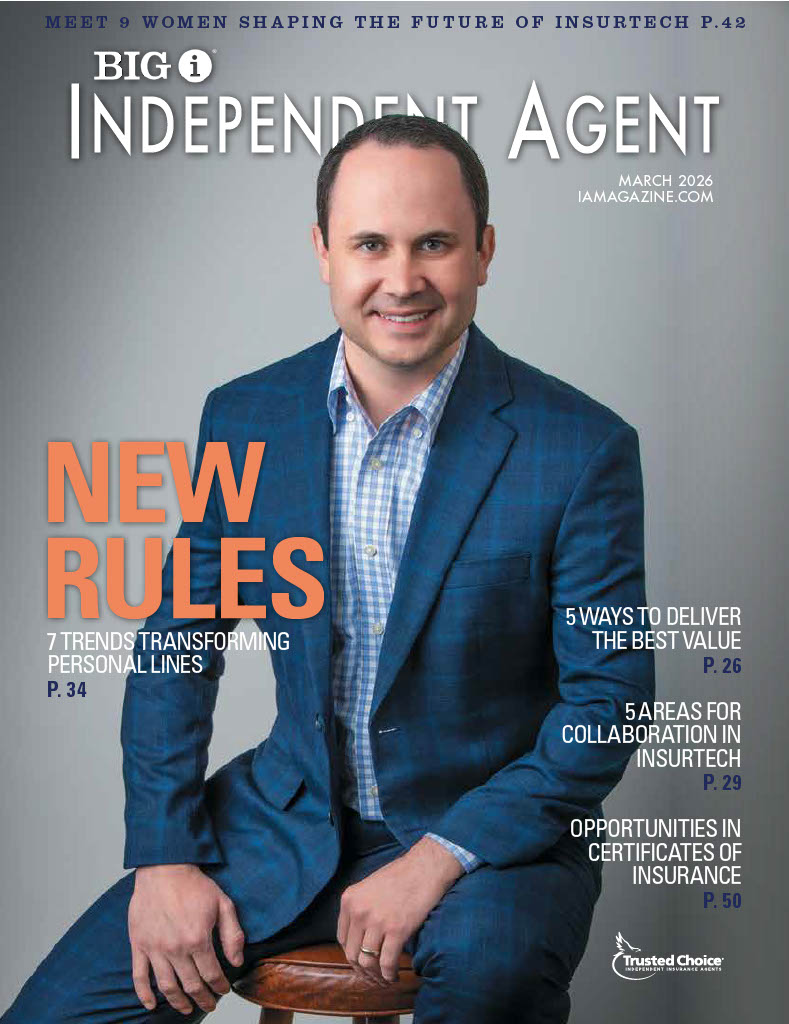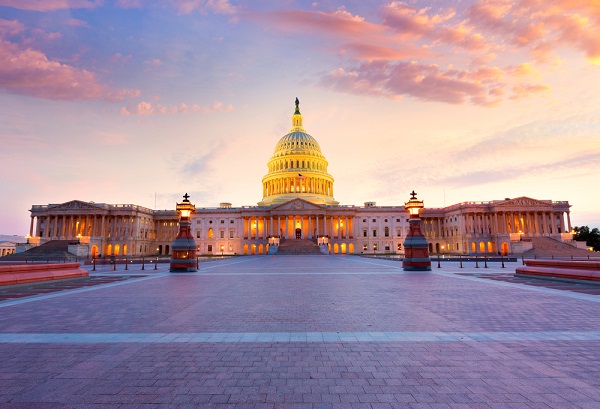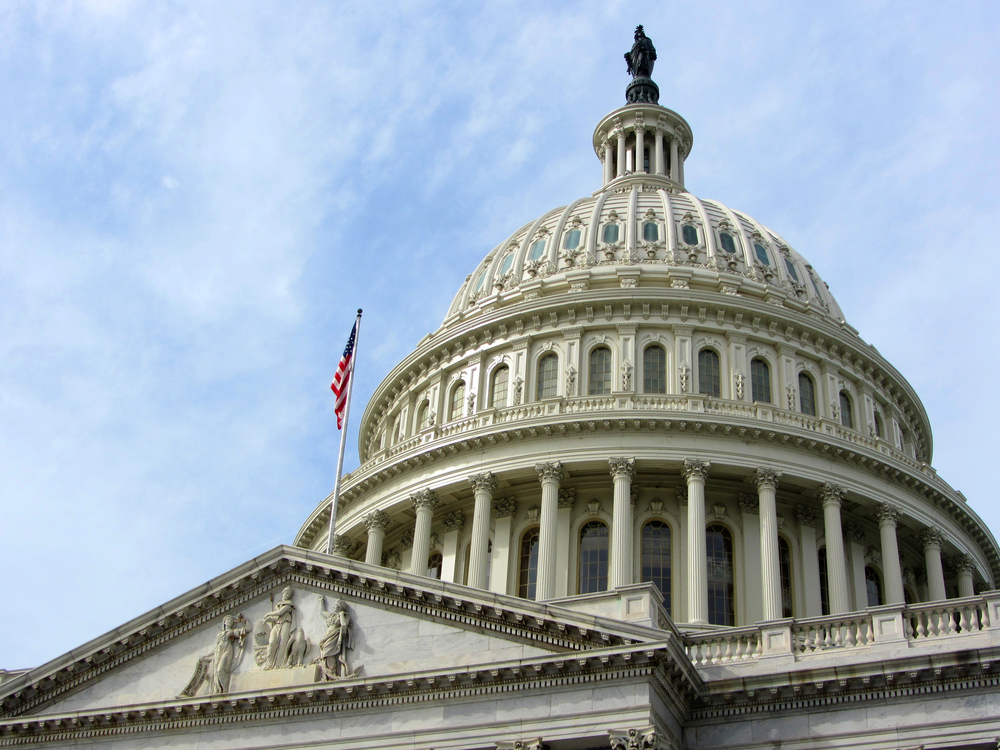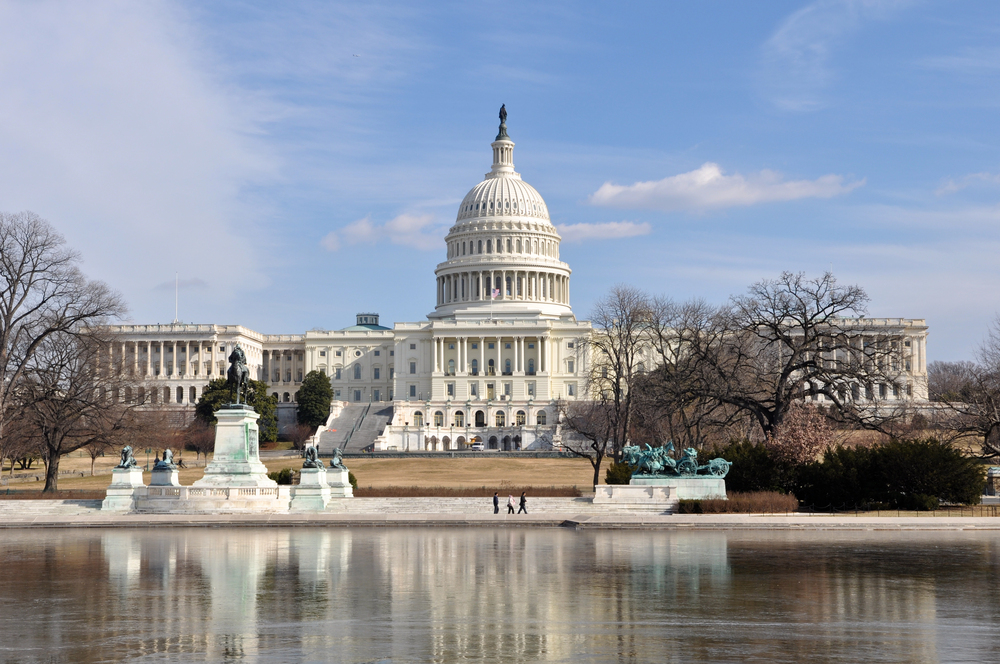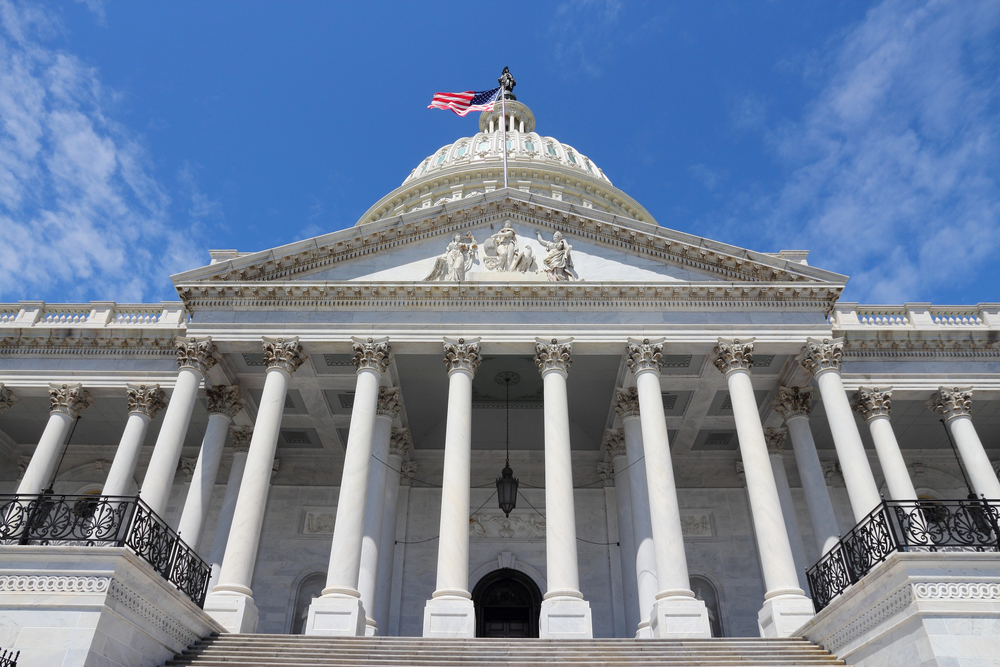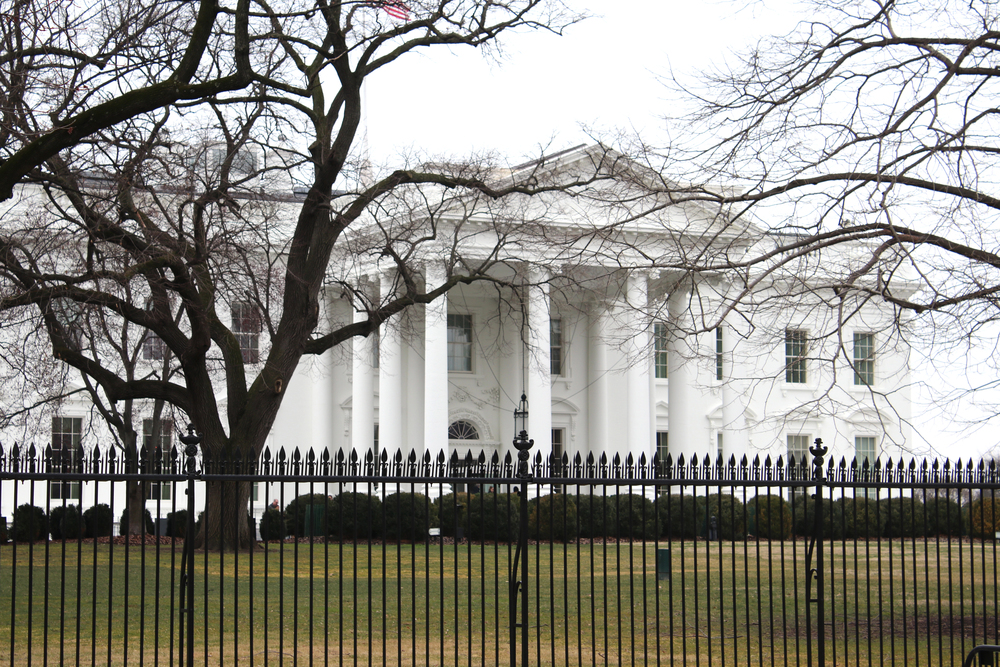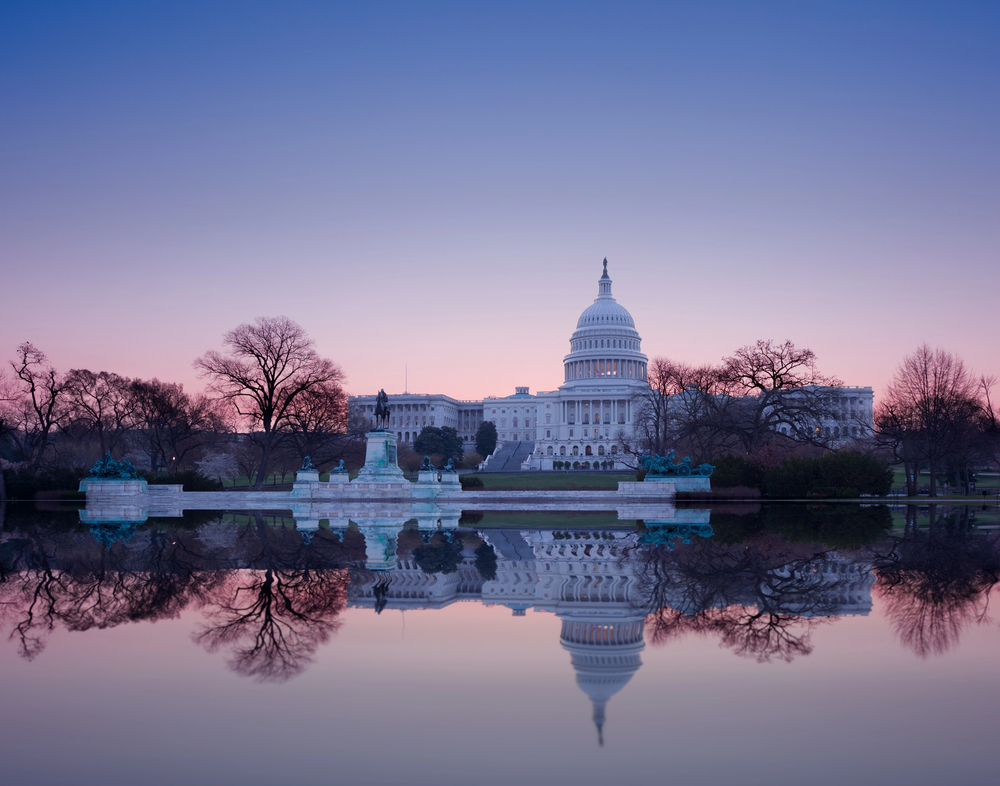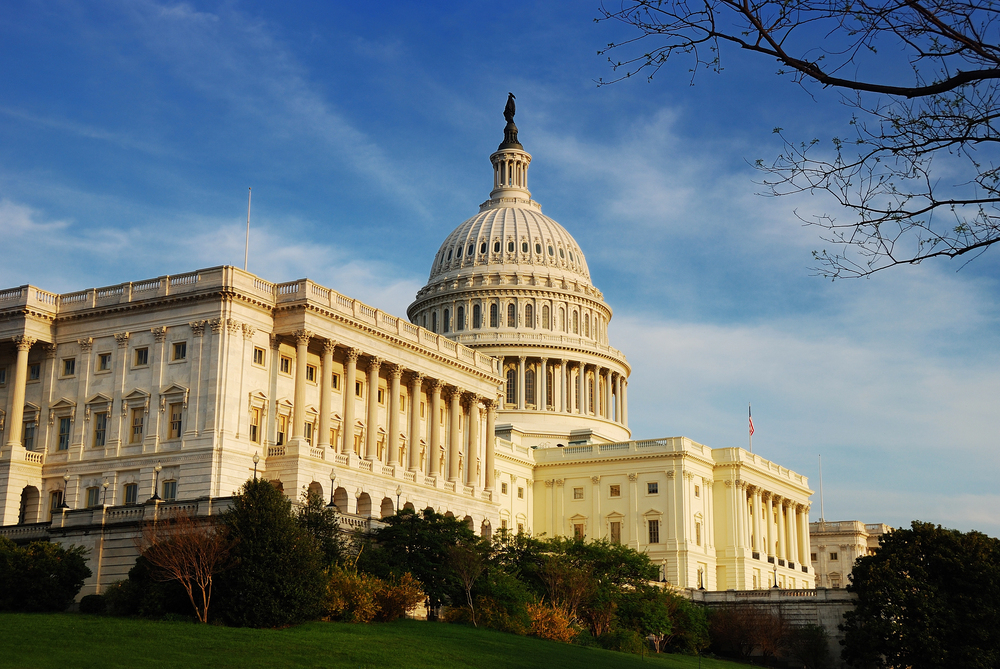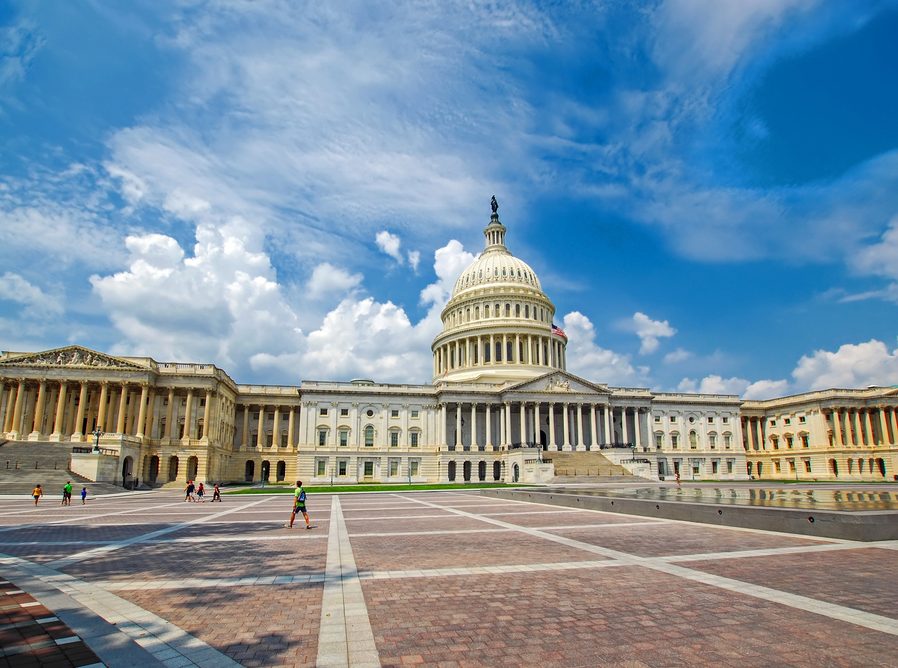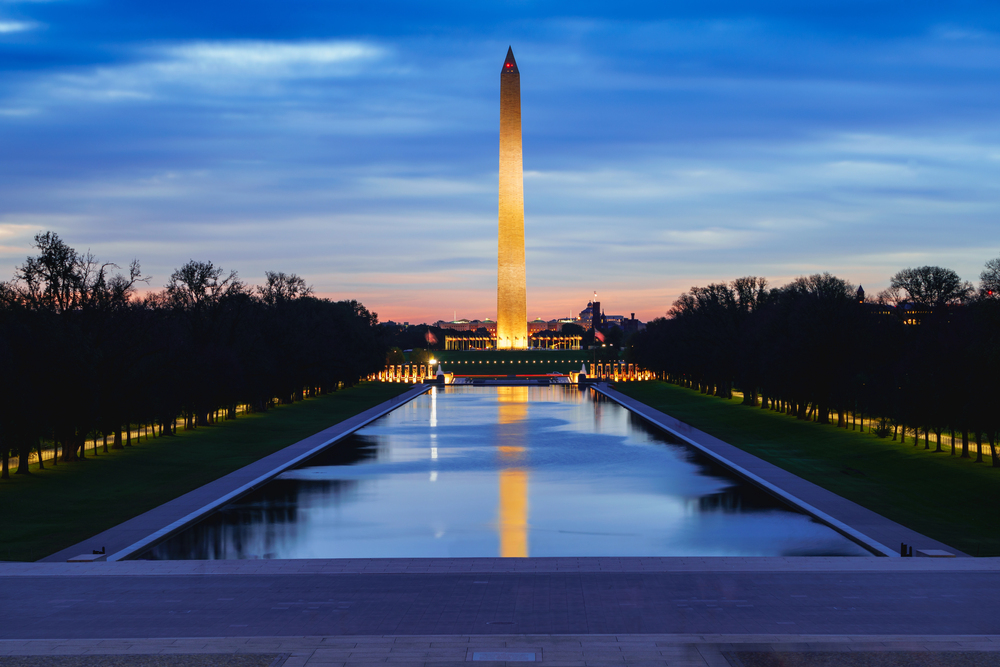Senate Republicans Propose New COVID-19 Relief Package
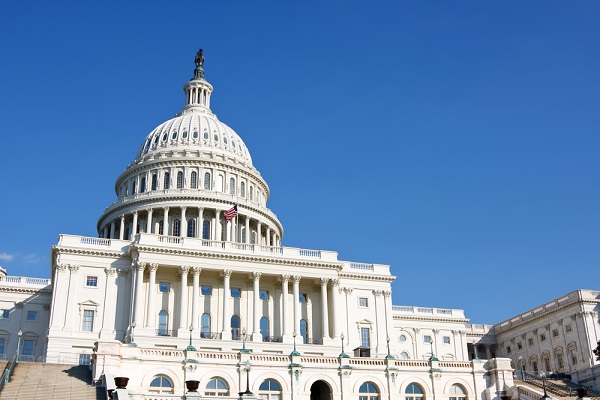
By: Wyatt Stewart
Senate Republicans recently released a number of legislative proposals, known as the Health, Economic Assistance, Liability Protection, and Schools (HEALS) Act, that they would like to package together in the next COVID-19 relief package.
In May, House Democrats passed their preferred COVID-19 package, the “Heroes Act,” and discussions between the White House, Congressional Republicans and Congressional Democrats are now taking place with the hope that a deal can be struck in the coming weeks. Currently, the sides remain far apart in negotiations.
The HEALS Act includes a number of provisions that are important for Big “I” members and their clients. The legislation includes liability protections for businesses from claims from actual, alleged, feared,or potential exposure to the coronavirus. These protections cover claims arising between December 2019 and October 2024 or the end of the coronavirus emergency declaration, whichever comes later. The Big “I” strongly supports liability protections for businesses and joined a number of other business organizations in sending a letter to Congress supporting these liability protections.
The GOP proposal also provides $190 billion of committed and appropriated funds for the Paycheck Protection Program (PPP) and new “PPP Second Draw Loans.” This allows certain businesses to take a second draw PPP loan at 2.5 times their average monthly payroll with a limit of $2 million. The second draw loan is targeted and aims to assist smaller firms disrupted by the pandemic.
To be eligible for the second draw loan, businesses must have 300 or fewer workers and show that they lost 50% or more in revenue in one of the first two quarters of 2020 compared to 2019. The legislation also attempts to simplify the loan forgiveness application by allowing borrowers with loans under $150,000 to give a good faith attestation that they complied with the rules.
Of interest to Big “I” state associations, the legislation would also allow for 501(c)6 organizations with fewer than 300 employees to access PPP loans but with a significant caveat. 501(c)6 organizations are ineligible for the loans if lobbying activities comprise more than 10% of the organization’s overall activities. The Big “I” has consistently pushed Congress to allow 501(c)6 organization’s access to PPP loans.
The HEALS Act also allows employers to claim a credit for 65% of employee wages under the employee retention credit, up from 50% in the CARES Act. Under the CARES Act, eligible businesses had to close down under a COVID-19 order or lose at least 50% of their quarterly, year-over-year gross receipts, but this bill reduces the revenue loss threshold to 25%.
Under the CARES Act, the credit applied to up to $10,000 of wages per employee. This bill increases it to $10,000 per quarter, up to $30,000 for the year. The HEALS Act also sets up a payroll tax credit for 50% of expenses employers will have incurred from March 13 until Jan. 1, 2021, on personal protective equipment, cleaning supplies and other items to make the workplace safer.
The HEALS Act also temporarily increases the business meal deduction from 50% to 100% for expenses for food and beverages provided by a restaurant through Dec. 31.
The legislation would also provide a federal payment of $200 per week through Sept. 30 under the federal pandemic unemployment compensation program, which would be on top of state unemployment benefits. In October, claimants would receive a payment that when added to the state unemployment insurance payment replaces 70% of their prior wages with the additional payment limited to no more than $500. Additionally, using the same income thresholds as the CARES Act, the bill also provides another $1,200 rebate for Americans—$2,400 for married couples filing jointly—plus $500 per dependent.
Finally, the HEALS Act provides $306 billion in funding for federal agencies. This includes $25 billion for COVID-19 testing and contact tracing. It also includes $105 billion in funding to help schools reopen in the fall.
As negotiations on a COVID-19 relief package continue in the coming weeks, the Big “I” will continue to provide updates on important developments in the News & Views e-newsletter.
Wyatt Stewart is Big “I” senior director of federal government affairs.
